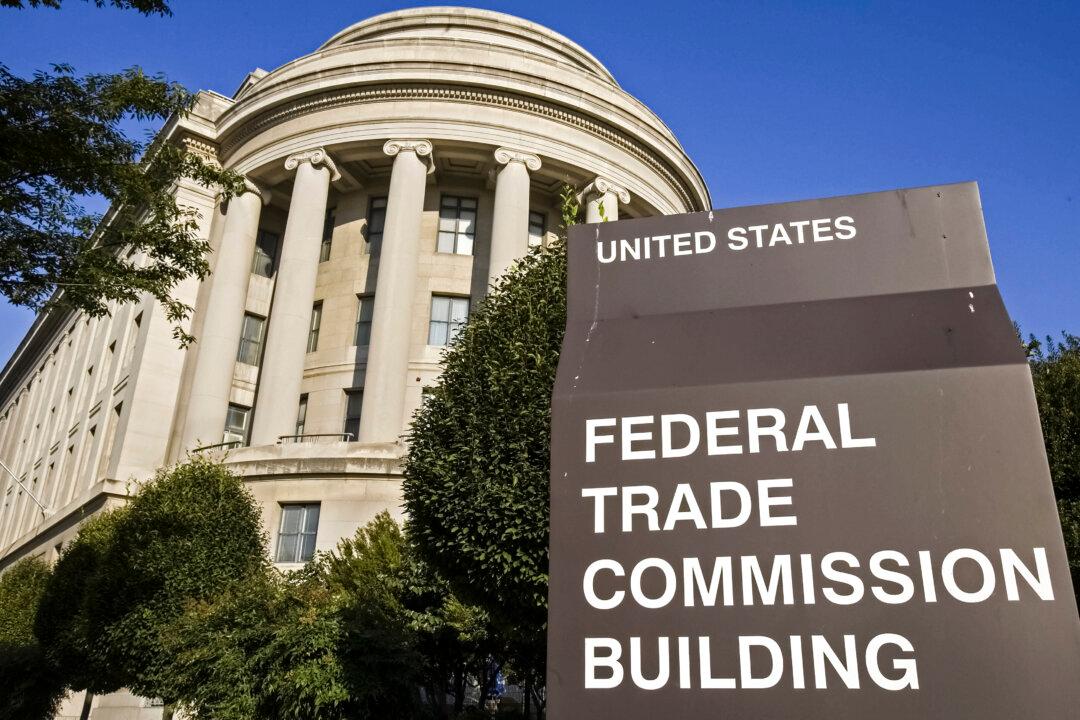The Federal Trade Commission (FTC) has reached a $12 million settlement with a business accused of running a nationwide pyramid scheme that defrauded people of hundreds of millions of dollars.
The settlement is related to a lawsuit filed by the FTC against Michigan-based Financial Education Services (FES) in the U.S. District Court for the Eastern District of Michigan in 2022, which issued a temporary restraining order.





